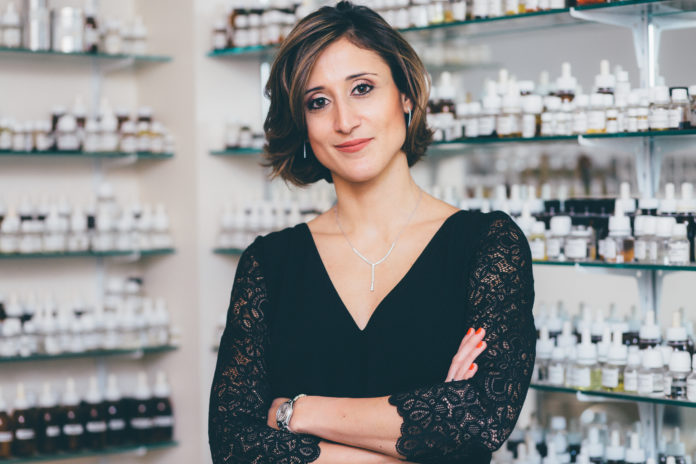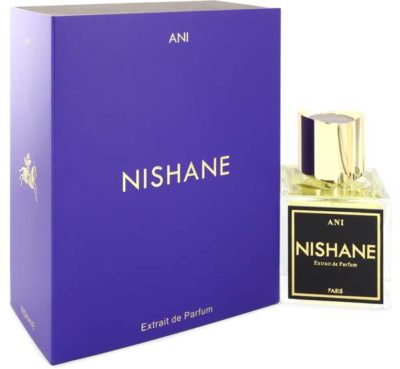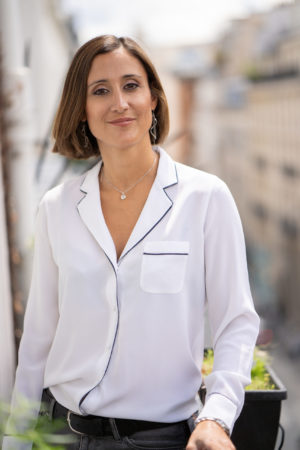By Isabelle Kapoian
Special to the Mirror-Spectator
PARIS — Cecile Zarokian is what is called a “nose,” a perfume artist who can evoke different moods with perfume by mixing various elements to compose a new scent. Her latest scent is Nishane Ani, inspired by the city of Ani.
Paris-based Zarokian graduated from the noted fragrance institute ISIPCA and spent four years at fragrance house Robertet, in Grasse and Paris. She was still a trainee when she created her first fragrance, Amouage Epic Woman.
In 2011, Cécile set up her own laboratory and now creates as an independent perfumer for Jovoy Paris, Xerjoff, Jacques Fath, Laboratorio Olfattivo and Masque Fragranze.
If you could please take a moment and talk a little bit about your background, where you grew up, and what inspired you to become a perfumer?












